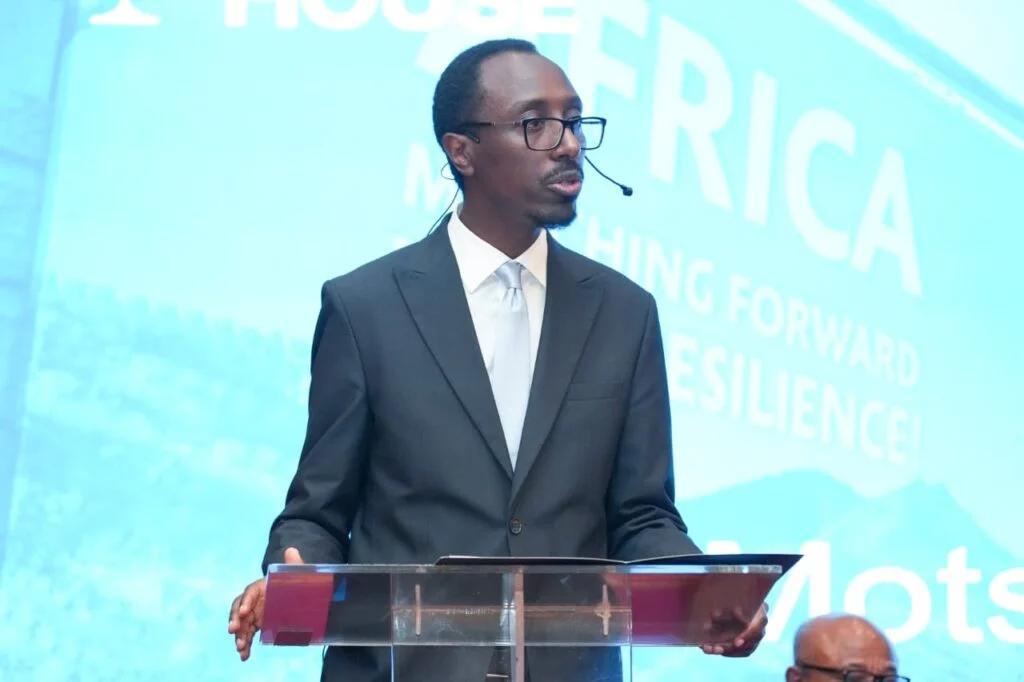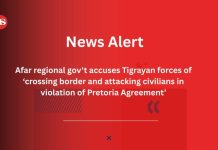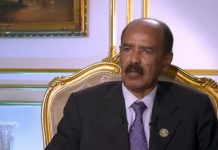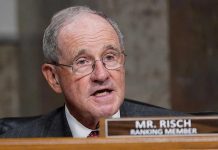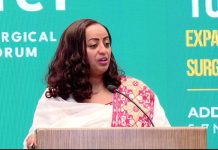Africa-Press – Ethiopia. November 5, 2025 2 minutes read Addis Abeba – African leaders and policymakers have called for renewed efforts to translate the continent’s growing global profile into tangible influence, warning that persistent conflicts could derail Africa’s aspirations for greater leadership in a rapidly shifting world order.
The call came at the opening of a two-day high-level conference in Addis Abeba titled “Africa’s Rising Influence: Advancing Agency in Foreign Policy and Global Governance.” Organized jointly by the Chatham House Africa Programme, Amani Africa, and the United Nations Development Programme (UNDP), the forum brings together senior officials, diplomats, and representatives of multilateral agencies to deliberate on Africa’s role in reshaping global governance.
In his keynote address, Ethiopia’s Minister of Foreign Affairs, Gedeon Timothewos, described the current period as “a redefining moment in global politics,” emphasizing that Africa must assert its agency amid the transition to a multipolar world.
“We are living at a moment when global power is dispersing and the old assumptions of international politics are being redefined,” he said. “As the world transitions towards multipolarity, Africa must not be a bystander or a prize in someone else’s contest for influence.”
Gedeon said the era of unipolarity “seems to be coming to an end,” with global norms and institutions showing “diminished effectiveness.” He pointed to the African Union’s accession to the G20 as recognition that global challenges, from equitable growth to climate resilience, cannot be addressed without Africa’s participation and leadership.
“Participation alone is not enough,” he stressed. “Our task is to turn presence into influence and influence into tangible outcomes for our people.”
A subsequent panel discussion examined how Africa can shape the emerging multipolar order while tackling the conflicts that threaten to undermine its collective progress.
Hanna Tetteh, the UN Secretary-General’s Special Representative for Libya and former Foreign Minister of Ghana, warned that unresolved conflicts and instability risk eroding Africa’s development gains and exposing its natural resources to renewed exploitation.
“We’ve been talking about peace and security and silencing the guns for years. We missed the 2020 target, and frankly, we might miss the next ones,” she said. “If we cannot address the multiple conflicts on this continent and bring stability, we will be the worst impacted.”
Tetteh cautioned that Africa’s critical minerals, central to powering future industries, could become “the bounty that those who do best at war will be taking from our continent.” She urged African states to build coherence, formulate unified foreign policy positions, and advocate collectively in international forums.
The conference comes amid rising concern over the scale and humanitarian toll of conflicts across Africa. In October, the International Committee of the Red Cross (ICRC) reported that Africa now accounts for nearly 40 percent of all active conflicts worldwide, with more than 50 armed confrontations ongoing—a 45 percent increase since 2020.
According to Gilles Carbonnier, ICRC Vice President, about 35 million people have been displaced by violence in African countries, representing nearly half of the world’s displaced population. “The humanitarian consequences are truly dramatic,” he said, noting that despite its vast mineral wealth and youthful population, Africa continues to struggle with poverty and insecurity. AS
For More News And Analysis About Ethiopia Follow Africa-Press

